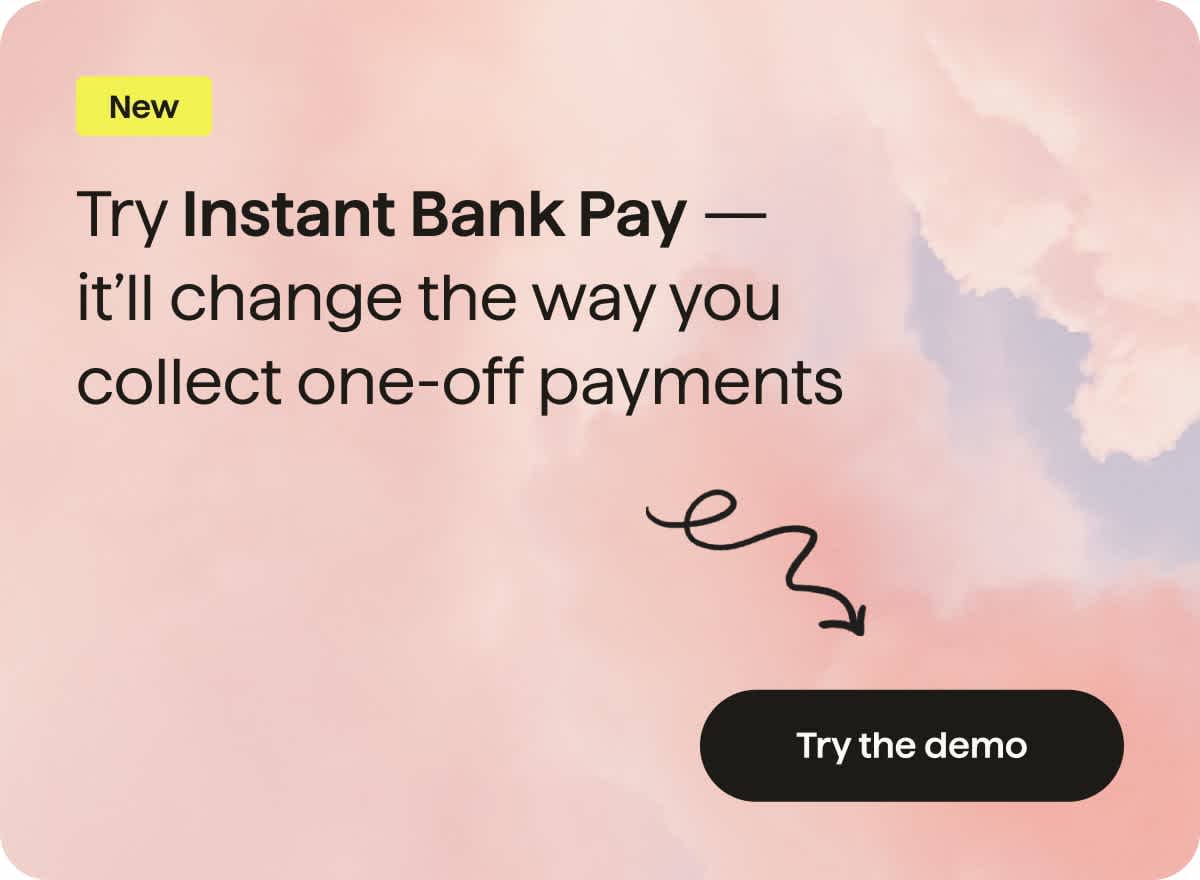Last editedFeb 20222 min read
There is a common misconception that charities have no tax obligations, but how the tax office treats them is far more complex than a simple “yes” or “no.” All charities must be aware of their obligations, otherwise they might be in for a rude awakening when they receive a reminder from HM Revenue & Customs to file a tax return.
Income tax or corporation tax?
Your charity finance will be subject to either income or corporation tax. Generally speaking, a charity will be paying income tax, as most charities are exempt from corporation tax unless they have been specifically asked to file a corporation tax return, or they have any taxable income or gains not covered by a relief or exemption.
Registration
For a charity to be treated fairly by HMRC, it must first be officially recognised as a charity. This way it won’t be forced to pay tax on most types of income that are used for charitable purposes. This includes tax on donations, trading profits, investment income and property purchases.
What constitutes taxable income for a charity?
Whether or not an activity should be deemed as taxable depends on several variants. Any income stemming from an activity that furthers charitable objectives is exempt, likewise investment income used to further the charity’s objectives. However, all trade activities that are not directly linked to fundraising or building the charity itself might not be exempt unless they fall under the small trade exemption.
What is the small trade exemption?
The small trade exemption for non-charitable trading is 25% of the charity’s income, with a minimum of £8,000 and a maximum of £80,000. This means, potentially, that your charity could have an income of £320,000 in a fiscal year and as long as less than £80,000 of that income is non-charitable, that income is not subject to income tax. This is also known as a small trade limit and as long as charities can manage these limits respectably, they might not need to pay any tax on their annual income.
Note that charities can also claim back the basic tax rate on all donations, meaning an extra 25p for every pound donated.
Non-charitable expenditure
While the day-to-day running of the charity (including employee salaries, rent and utilities) can be classified as charitable expenditure, any expenditures that are not directly related to “advancing the charity’s objectives” will not be tax-exempt. This most commonly applies when charities neglect to take the requisite steps to ensure all grants made to overseas charities apply for UK charitable purposes.
This is why it’s imperative that all charities carefully consider all trading activities, particularly with foreign bodies. In these situations, for example, it can be a good idea to establish a trading subsidiary for all business transactions that could be deemed as non-charitable.
However, if a charity offers a loan to a subsidiary and the loan doesn’t qualify as a charitable investment (defined as not bringing any direct financial benefit to the charity itself), then the loan could be taxable. For example, if a UK-based charity lent £10,000 to its subsidiary on an interest-free basis with no repayment terms, that charity would lose £10,000 of its tax exemption.
We can help
If you’re a charity interested in learning more about what tax you should and shouldn’t be paying and would like to find out more then get in touch with our financial experts. Find out how GoCardless can help you with ad hoc payments or recurring payments.





